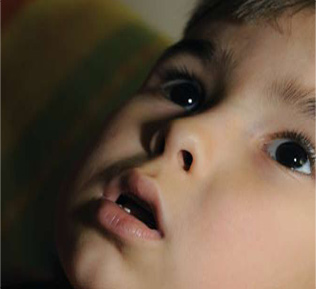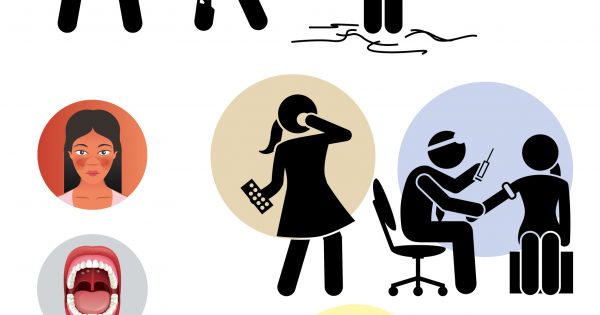Whether we admit it or not, we all have fears. Regardless of the fear, everyone feels the same when faced with it. For seemingly no good reason, our heart starts beating quicker, we start to sweat and there is an overwhelming desire to escape the situation.
Children are not exempt from this feeling. Compared to our own fears, their fears may seem to make no sense at all, but this does not mean that they do not feel it. Learn more about your children’s fears and how to help them overcome this dreadful feeling.
When and What
Due to the differing maturity levels and emotional susceptibility of a child, you may find that your child fears different things as they grow up. They will eventually outgrow some fears, but start to be wary of another. The table below exemplifies some of the common fears at different stages of a child’s life;
| Age | Fears | Examples |
|---|---|---|
| 10 – 24 months | Separation anxiety (At this age, toddlers are aware and remember that you have left and worry about their parents leaving) | Parents/caregivers move out of sight or leaves the room. |
| 2 – 6 years old | Afraid of things/ people/reasons that have no basis in reality (usually a result of their imagination) | Darkness, thunder and lightning, ghosts, monsters, baths etc |
| 6 – 12 years old | Fears are more real and concrete that reflects real circumstances that might occur | Injuries and accidents, animals, death. |
Defeating the Monster
The following are some tips you can use to help your child develop the skills and confidence to overcome their fears for good.
- Avoid negativity. As trivial as it may seem, your child’s fear feels very real to them, so do not dismiss your child’s fear. Lecturing, belittling, coercing or scolding is not helpful. It will not make the fear go away but will only intensify it as your child will associate more negative feelings with their fears.
- Talk about the fear. Talk to him about why and how their fears affect him. Listen to what he says and use this opportunity to help him learn about his fears. Knowing how and why scary things happen makes them a little less scary. While your child may not immediately believe your explanations, they will eventually come to accept it.
- Give support but do not overprotect. Let your child know that he can always come to you for help. When he is afraid, give him constant reassurance that things will be alright. However, avoid bending over backwards to cater to his fears (ie deliberately crossing the street to avoid a dog). Being overly cautious and protective of your child may send the wrong message to him that he is right to feel anxious and fearful.
| Parents, Take Note! |
|---|
|
Childhood fears will gradually decrease in intensity as your child grows up. However, do take note if:
If this seems to be the case, bring your child to seek professional help. |







Comments